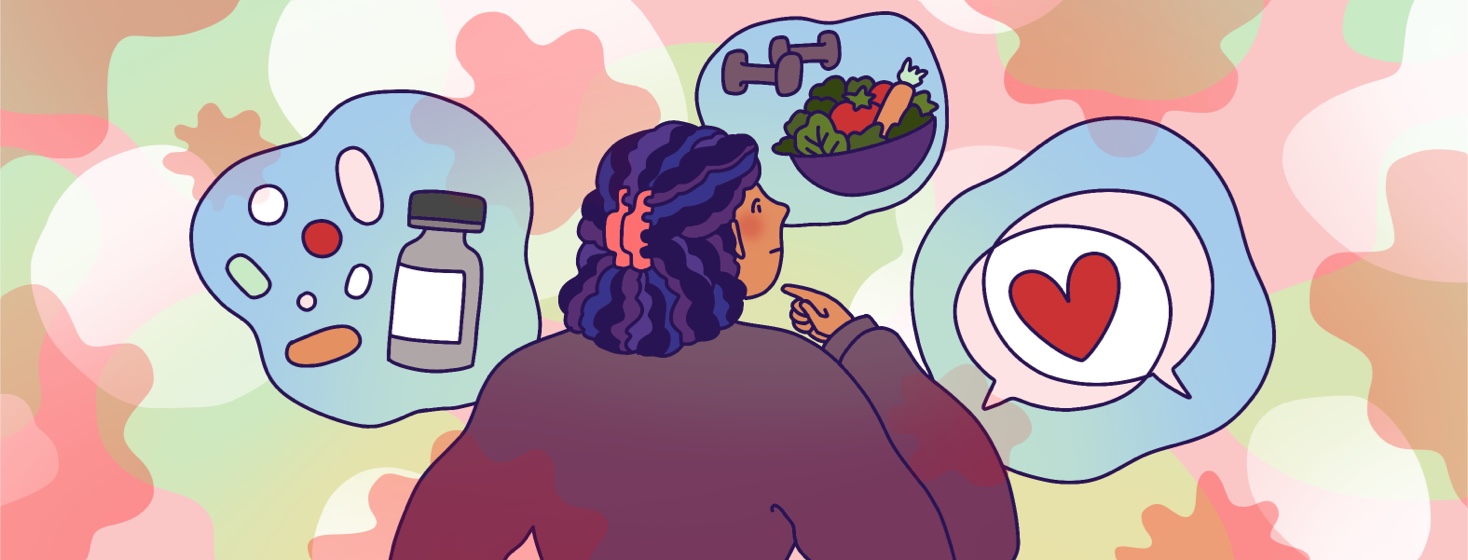What to Do After a Heart Failure Diagnosis
Maybe you came into the emergency room because you have just been feeling a little bit short of breath. It has gotten a bit worse the last day or so, and you’ve noticed your ankles are a bit swollen. Today before coming in, you started having some chest pain.
After blood work, an echo, an EKG, and other tests, the cardiologist comes in and tells you that you have congestive heart failure. They are throwing out numbers and words, none of which you understand.
What do you do now? What's next after being diagnosed with heart failure?
Diagnosed with heart failure – what's next?
As those of you who have gotten a heart failure (HF) diagnosis know, before you can go home what seems like every department in the hospital has to come in and talk to you about your heart.
The goal is to make sure you understand what’s going on with your heart, as well as what life is going to look like from here on out. It is very normal to feel overwhelmed because it is a lot of information. But let’s talk about the biggest takeaways.
Monitoring your physical health after diagnosis
When you have heart failure, swelling is a big part of what you will be looking for. So your care team will want you to:
- Weigh yourself daily – First thing in the morning, after you urinate, before you eat, in the same clothes. No clothing will give you a much more accurate weight. But you do whatever you’re comfortable with.
- Keep a log of daily weights and of any blood pressure or heart rate measurements your doctor may request.
- Keep all appointments with your heart failure team and/or cardiac rehab.
Every clinic has specific guidelines for when they want you to contact them with concerns. These are the generic guidelines from the American Heart Association (AHA). Call your provider if:1
- You develop a new dry cough.
- Your shortness of breath changes, or you become short of breath while doing daily tasks.
- You notice new swelling, or increased swelling, in your legs or feet.
- You have swelling in your abdomen.
- You gain 2 to 3 pounds (about 1.5 kg) overnight, or 5 pounds (about 2 kg) in a week.
- You have trouble sleeping.
Taking care of your mental health
Now that we have talked about the importance of what to watch for physically, it is also important to talk about mental health. A heart failure diagnosis can be quite scary, not just for the patient but for the family.
It is common to go through all the emotions: anger, fear, sadness, etc. It is so important that you work through those feelings, if not with a therapist then maybe your family, or just with yourself.
Your emotions can impact your symptoms. It is important to notice if you are feeling more down. Some things to look for are not wanting to get out of bed or go do the things you used to love. If that is the case, then you may be dealing with depression, which is normal. If you notice this, ask for help from those closest to you. Also reach out to your doctor.
Stay active
The treatment and management goals for your heart failure team are to do what we can to get you back to your previous level of functioning. If you like to garden, or go have brunch with friends, you should continue doing so. If you were a runner or someone who was very active, the goal is to get you back there.
Once your medicines and other treatments level out, you will start feeling more like yourself, and you may feel more like becoming more active. This should be slow and cautious so you can continue moving forward in your recovery.

Join the conversation